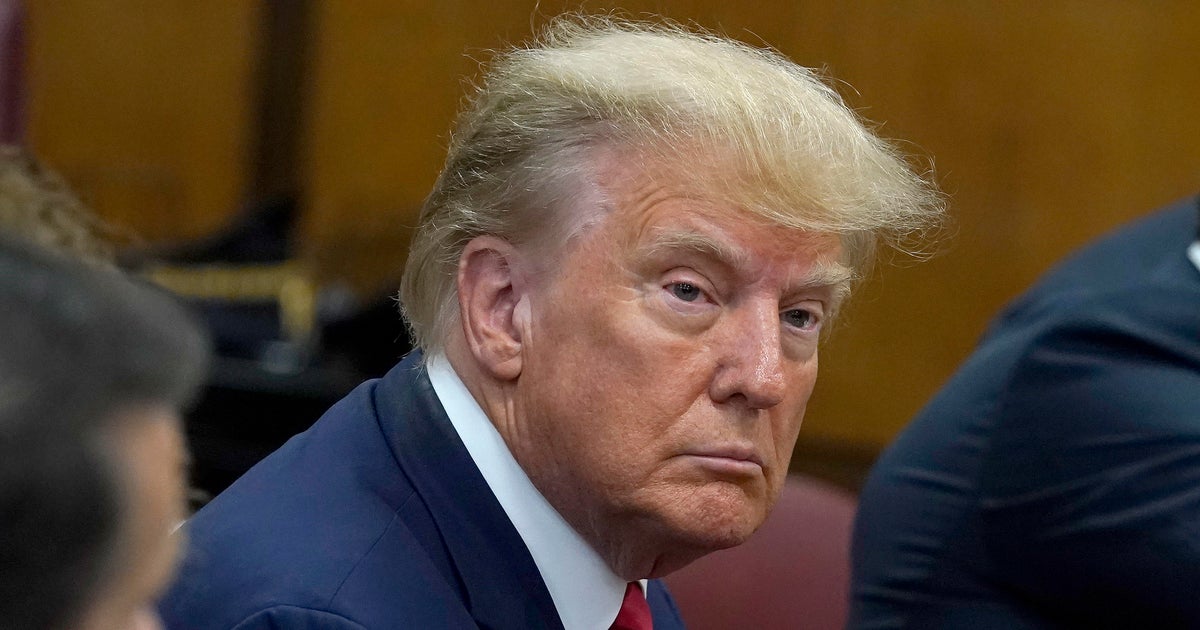
Trump seeks delay of New York "hush money" trial as Supreme Court weighs presidential immunity
CBSN
Just two weeks before his first criminal trial is scheduled to begin in New York, former President Donald Trump has once again sought to push back its start.
In a motion filed March 7 and made public Monday, Trump's attorneys asked Manhattan Judge Juan Merchan to delay the trial, which is currently set for March 25, until after the Supreme Court rules on whether Trump is shielded from criminal prosecution by "presidential immunity" in another one of his criminal cases. Lower federal courts found that no such immunity exists, and Trump asked the Supreme Court to review those rulings last month. The justices agreed, and arguments are scheduled for April 25.
"The adjournment is warranted to ensure proper adjudication of the presidential immunity defense and to prevent improper evidence of official acts from being used in the unprecedented fashion apparently contemplated by the People," wrote Trump's attorneys. They pointed to filings by the state indicating that prosecutors planned to enter several pieces of evidence from 2018, when Trump was in the White House.
